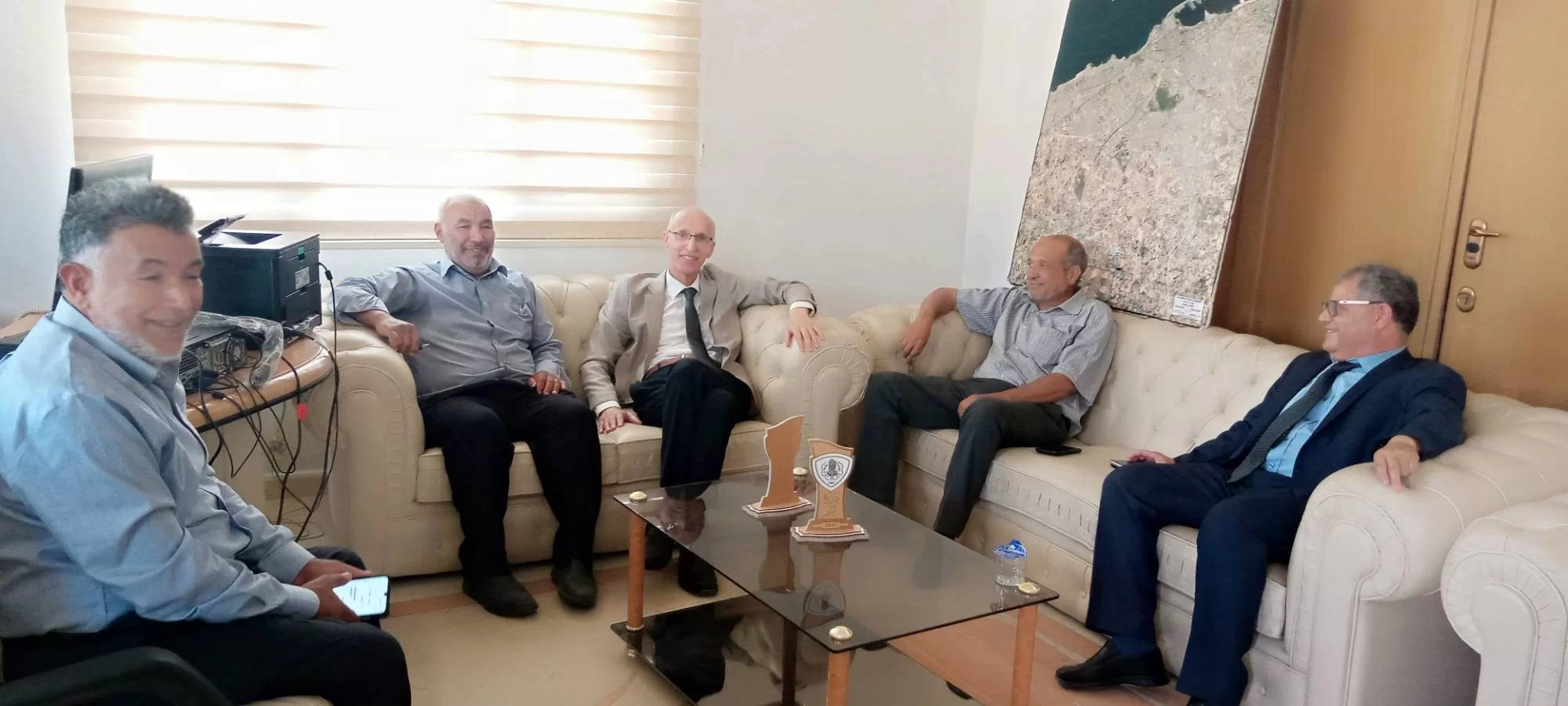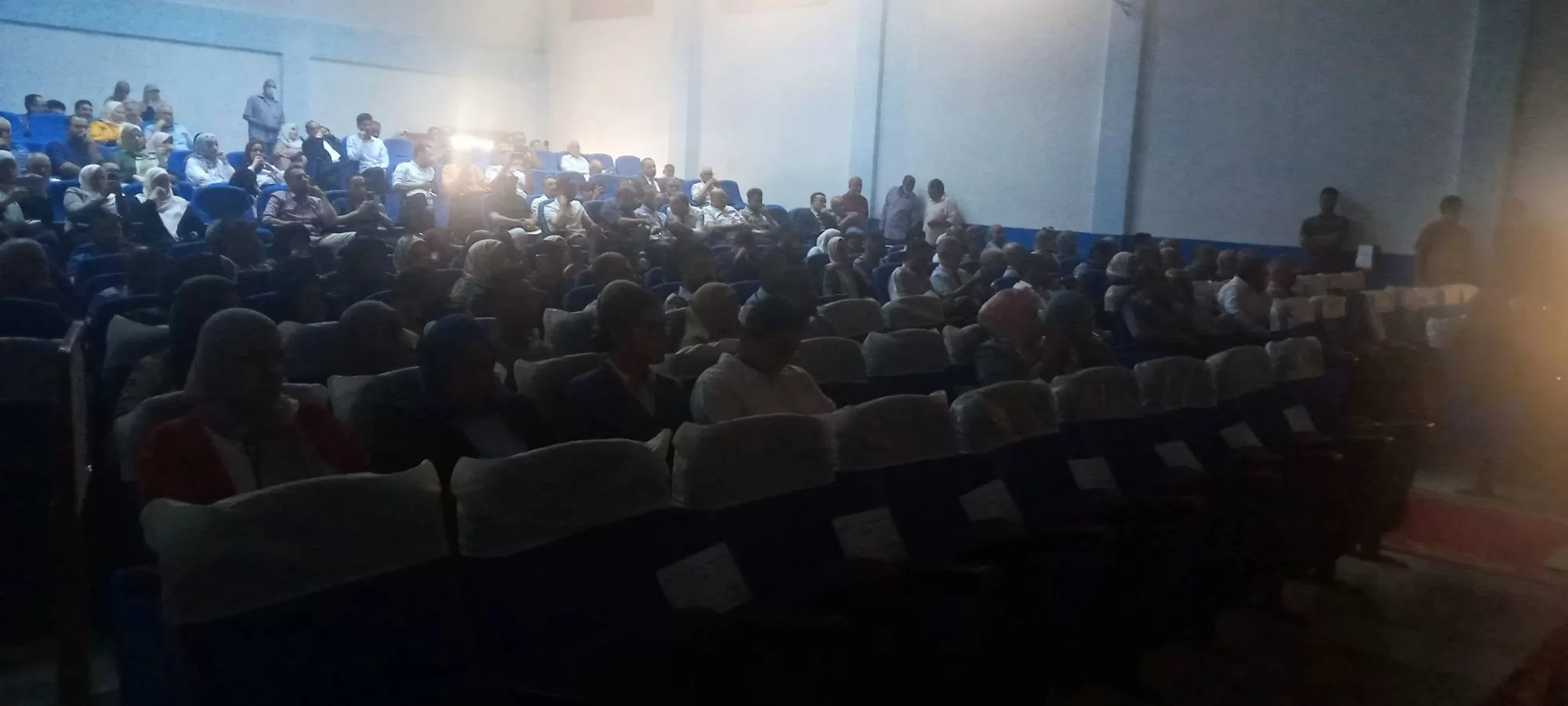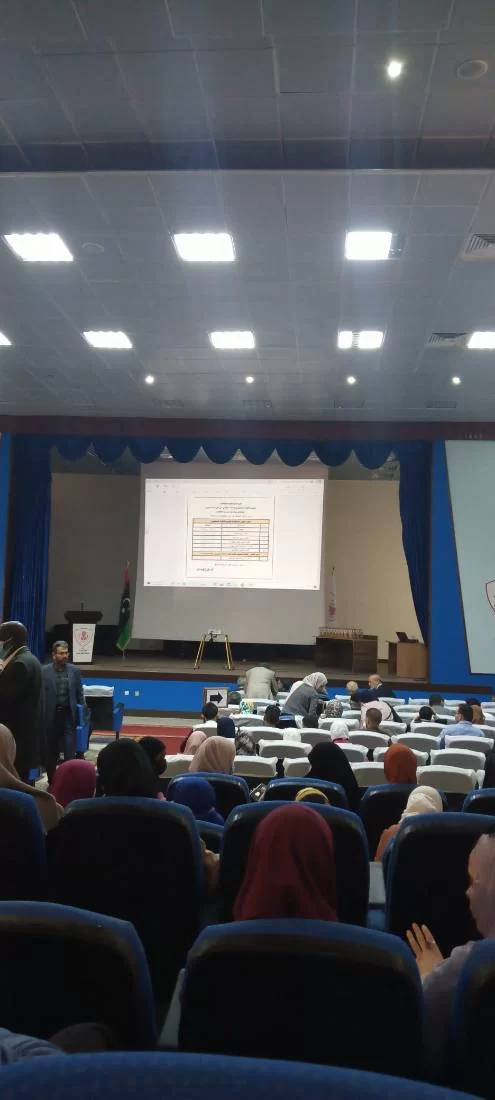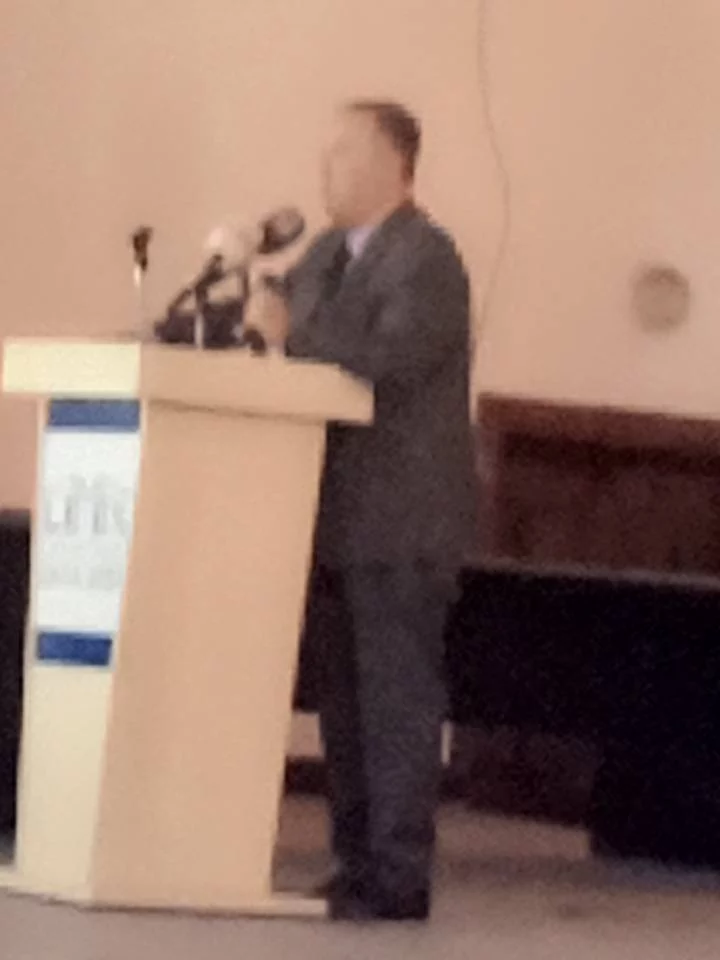Faculty of Engineering
More ...About Faculty of Engineering
Faculty of Engineering
The Faculty of Engineering, University of Tripoli, was established in 1961 in the name of the “Faculty of Higher Technical Studies” within the program of scientific and technical cooperation with the United Nations Educational, Scientific and Cultural Organization UNESCO. Thus, this makes it the first engineering college in Libya. In 1967, it was included to the University of Libya under the name of the Faculty of Engineering. In 1972, the Faculty of Petroleum Engineering established. However, it then was then included to the Faculty of Engineering, and elements from the Faculty of Science, University of Tripoli in 1973. In 1978, the Faculty of Nuclear and Electronic Engineering was created. In 1985 the Faculty of Petroleum Engineering was merged with the Faculty of Engineering within the framework of linking the colleges and higher institutes with engineering research centers. The Faculty of Nuclear and Electronic Engineering was then added to the Faculty of Engineering in 1988.
The Faculty of Engineering has a pioneering role in the scientific career, its role is increasing significantly in line with the technical development, especially in the fields of communication and informatics engineering. In addition, it also following new developments with their applications in the engineering sector, along with permanent and renewable energy, modern methods of construction and architecture and their environmental impacts. In response to this development, the Faculty of Engineering undertook changes in its educational curricula and academic structure by growing from a faculty with four departments since its inception to become a group of thirteen departments in order to meet the desires and requirements of the Libyan society and to achieve its goals and aspirations for progress. Accordingly, the study system in the Faculty has evolved from the academic year system to term-based system.
The expansion of the academic fields in the Faculty undoubtedly requires expansions in the facilities that accommodate the increasing numbers of students which have reached twelve thousand in recent years. This development will include halls, laboratories and other advanced capabilities and equipment, including computers and research measuring devices.
The Faculties consists of the following departments: Department of Civil Engineering - Department of Mechanical and Industrial Engineering - Department of Electrical and Electronic Engineering - Department of Computer Engineering - Department of Architecture and Urban Planning - Department of Petroleum Engineering - Department of Chemical Engineering - Department of Geological Engineering - Department of Mining Engineering - Department of Aeronautical Engineering - Department of Naval Engineering and Ship Architecture - Department of Nuclear Engineering - Department of Materials and Mineral Engineering - Department of Engineering Management "Postgraduate studies".
These departments carry out their specialized scientific tasks in accordance with the relevant laws, regulations and decisions, which include in their entirety:
- Academic supervision of students in terms of registration, teaching and evaluation.
- Follow-up of research, authoring and translation programs.
- Preparing and holding specialized scientific conferences and seminars.
- Preparing and reviewing academic curricula to keep pace with scientific progress and the needs of society.
- Providing specialized scientific advice to productive and service institutions in society.
- Conducting scientific and practical studies in the field of research to solve relevant community problems.
- Contributing to developing plans and proposals for managing the educational process in the Faculty and departments.
Facts about Faculty of Engineering
We are proud of what we offer to the world and the community
Publications
Academic Staff
Students
Graduates
Programs
Master - Architecture and Urban Planning
The mission of this program is to offer a high standard educational program that helps professionals in achieving better practice and to...
DetailsBachelor - Offshoer Engineering
The engineering of floating platforms focuses on the design and construction of offshore platforms for the exploration and extraction of oil and gas at...
DetailsMaster - Marine Engineering
This post-graduate program aims to encourage the acquisition of general scientific skills relating to Marine Engineering, critical analysis, interpretation,...
DetailsWho works at the Faculty of Engineering
Faculty of Engineering has more than 403 academic staff members





Prof. Ramadan Taher Belgasem Dboba
Ramadan Dboba is one of the staff members at the department of architecture & urban Planning faculty of Engineering. He is working as a since 1978-09-18. He teaches several subjects in his major and has several publications in the field of his interest. Statement of Research Interest: My research interest is in the city planning and architecture; City planning development, urban design, urban morphology and its development through history. Subjects like rehabilitation of traditional towns, urban settlements, urban spatial analysis, building representation, and urban housing development guided many of my previous research papers. International developments seminars, urban planning, and urban development courses sparked my interest in investigating further aspects that have impact on sustainability of town planning proposals and housing developments in Libya. The complexity of issues involved in planning and architectural design process encouraged me to continue research efforts. There are still serious challenges confronting architectural and planning professional practice and research in Libya. Choosing the right topic, collecting data, finding research sponsor are some examples. Three major periods marked the development of my research endeavor. The first commenced during my graduate study and focused on architecture theory and criticism. The aim was to critically discuss the practice of architecture in Libya as manifested in real projects. This was done through writing several papers and articles. Some of this wok was published in engineering society magazine and a weekly newspaper during the early 1990s. The second period started in 1999 when I worked as urban planner consultant with UNDP project for the rehabilitation of the Old City of Ghadames. In this project, a chance was taken to do research work that led to formulate and implement several planning and design principles for enhancing the quality of life in one of the World Heritage City in Libya. The third period begun in 2005 when Third Generation Planning Project was undertaking by the Libyan Government. An objective of this project was to prepare spatial development reports on regional level, sub-regional level and urban level for four Libyan regions, Tripoli region, Benghazi region, Fezzan Region and Al-Khaleej region. Al Khaleej Region contract was given to the University Engineering Consultant Office (UECO), Tripoli, Libya. My work as a part time urban planning consultant with UECO, gave me the opportunity to explore more the subject of urban planning and urban design elements and their role in creating better living environment. Third generation planning project for Al Khaleej Region, in Libya allowed me to sharpen my views on the complexity of aspects related to sustainable urban development and urban design in Libya and the investigation of urban structure components. My latest research paper focused on Urban and Housing Development in Oil Concession Areas in Al Khaleej Region in Libya. The paper examined the dangers of oil production activities on surrounding settlements, natural environment and future quality of life & built environment. It also tried to highlight the overall importance of promoting sustainable economic and spatial development for Libyan towns located near oil fields. Future extension of many urban settlements located on or in close proximity to oil concession area presents a big challenge to planners, politicians and local residents. Several recommendations were presented to guide future spatial development in this type of locale.
















